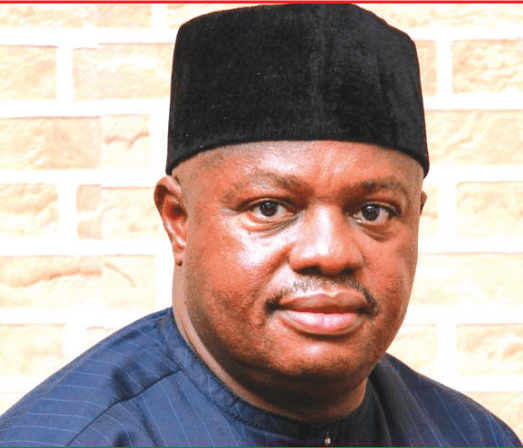Diaspora voting will ensure electoral integrity, Dr Anthony Ubani, the Executive Director of #FixPolitics disclosed during an interview.
He said over 115 countries in the world have some form of legal system which allows their citizens in other parts of the world to vote during elections in their home countries.
“This includes over 40 countries in Africa. To have a fully functional democracy, you need to have universal suffrage.
“Nigeria remains one of the few remaining countries in Africa that is yet to subscribe to Diaspora voting. Even countries like Mozambique, Algeria and Rwanda have gone further to give their citizens that live abroad opportunity to participate in governance at home by making laws that allow them to hold elective legislative positions. This means that they have seats in parliament. This is common in many western countries, Portugal, Italy and the rest.
“Because someone is living in Ghana does not mean he or she should forfeit his or her fundamental rights. Voting is a fundamental right and when you deny citizens the right to vote, you undermine democracy at its core. Voting is one issue that is central to democracy everywhere in the world. If you remove voting from democracy, then it is no longer democracy.
“Advancement in technology has made it possible for citizens to participate in the electoral process regardless of whether they live within or outside their country of origin. Two years ago, the World Bank released a report that stated that Nigerians in diaspora averages about $24.3 billion in remittances to Nigeria.
“This, the report stated represents about six percent of the country’s Gross Domestic Product (GDP). Nigerians in diaspora are a major source of support to the national economy with remittance, foreign direct investment, entrepreneurial development, trade and commerce initiatives and transfer of knowledge.
“Why will a country deny its citizens that do so much to support the economy the right to vote and participate in the governance of their country? Why is it that over 80 per cent of countries in Africa have instituted diaspora voting and the country that calls itself the giant of Africa refused to follow suit? So, it is a major form of disenfranchisement. It makes it impossible for you to talk of majority votes cast if a huge part of your population living outside the country are not given the opportunity to vote. It means that those elected do not have the broad support of a majority of Nigerians.
“In a democracy you want all citizens and all ideas to participate in the process of moving the country forward. Diaspora voting started as far back as 53BC and here we are centuries later and Nigerians in diaspora are still denied the fight to vote. There cannot be any legitimate reason for this unfortunate situation to continue. It’s either we are practicing democracy or we are practicing something else.
“The first time we had a major intervention on diaspora voting in Nigeria was in 2012, when Mrs. Abike Dabiri-Erewa was the head of the committee on diaspora in the House of Representatives. She and six of her colleagues put this bill forward, but there was no interest in the National Assembly, so it was never considered. For diaspora voting to be constitutional, there are three basic things you need to do in the Constitution. You need to amend sections 77(2), 177(2) and 134(2).
“But we are saying just amend section 177(2) to say that Nigerians home and abroad can register and vote if they meet all the other requirements like being up to 18 years. By 2022, #FixPolitics and other civil society groups forced the agenda to the constitutional amendment process. It passed first and second readings but failed to pass third reading, which is passage. But this time, 269 members voted against it, 87 voted for it.



